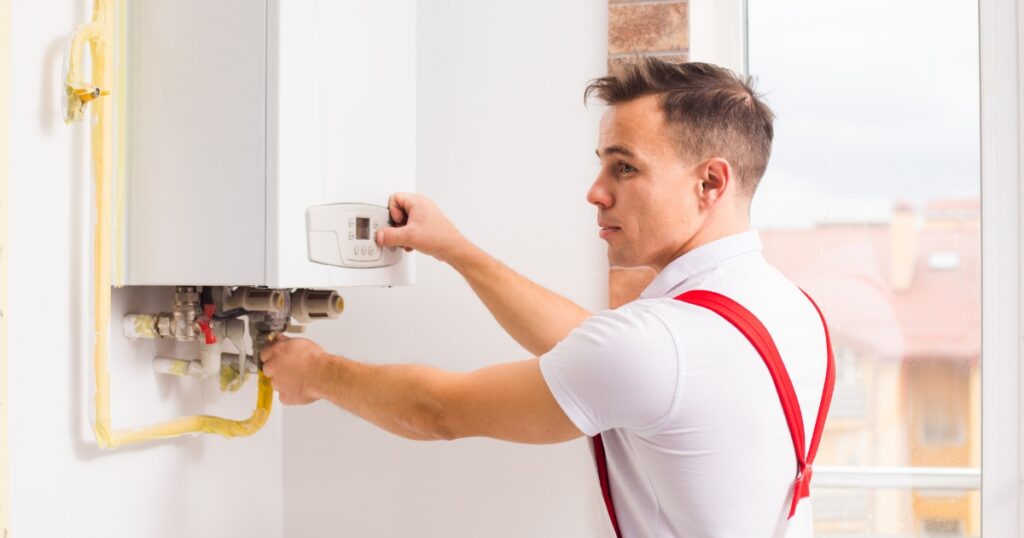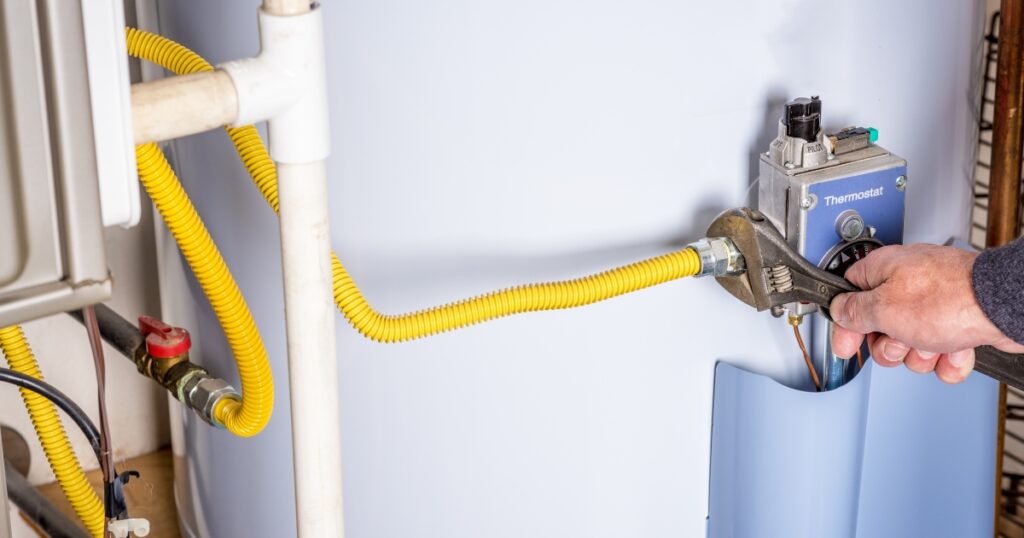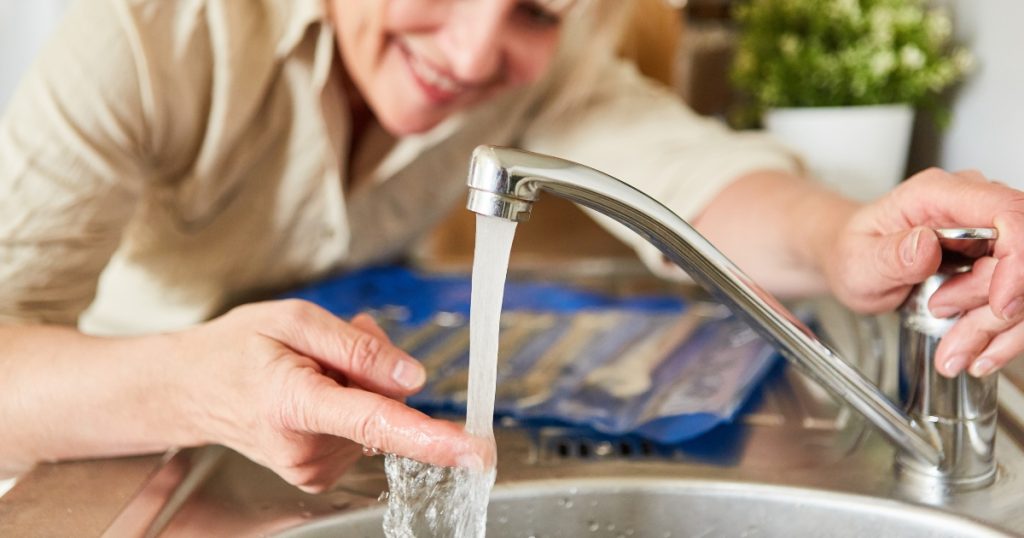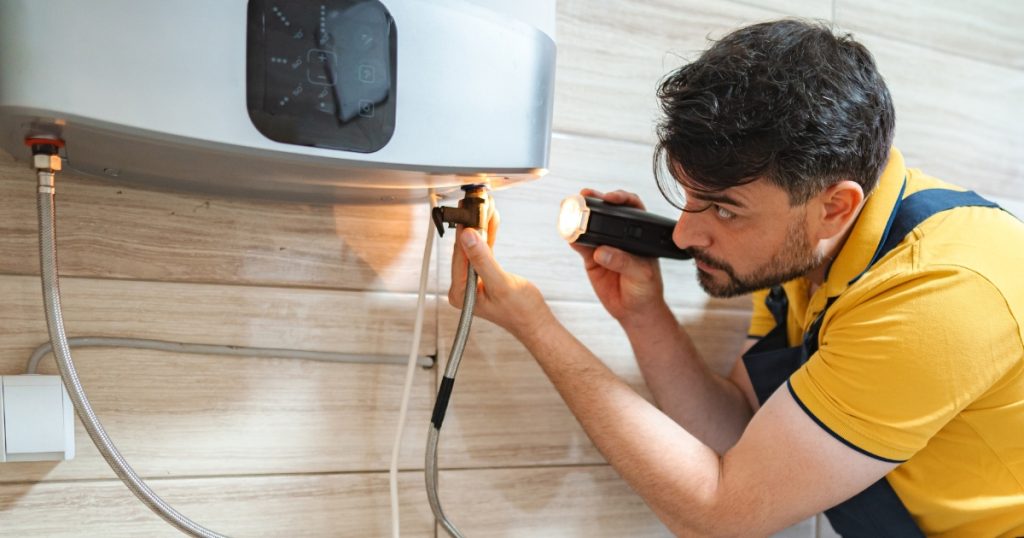Why your hot water system needs routine maintenance
Many households forget about hot water maintenance until something goes wrong. Without a plan in place, small issues like sediment build-up or valve wear can lead to poor performance – or worse, complete system failure.
Whether you rely on an electric, gas, or solar unit, all systems benefit from structured upkeep. A maintenance schedule is not just about preventing breakdowns – it helps maintain consistent water temperature, lower energy bills, and prolong the life of your equipment.
It’s not uncommon for people to assume that hot water systems are “set and forget.” This misconception often leads to avoidable service calls and early replacements. The real issue lies in not giving your system the care it needs to operate efficiently year-round.
If your system is over 3 years old and hasn’t had any inspection, you’re likely overdue for a check-up. Hot water issues don’t usually start big – they begin with minor faults that slowly build over time.
Risks Of Not Having A Maintenance Schedule
When maintenance is left to chance, your hot water system becomes more valuable to a range of problems. These may include temperature fluctuations, strange noises, slow water flow, or water discolouration.
Here are some of the risks tied to a lack of upkeep:
- Increased energy use due to scale or sediment build-up
- Premature corrosion of the tank parts
- Costly emergency callouts for urgent repairs
- Poor water pressure from blocked pipes or faulty valves
In homes with hard water, mineral deposits build up faster, shortening the life of the system. Even in areas with softer water, valves and heating elements still require checks.
Neglecting small tasks like pressure relief valve testing or checking the anode rod can lead to complete unit replacement far earlier than necessary.
Avoiding maintenance doesn’t just affect your comfort – it has a real cost impact. Annual servicing is far more affordable than replacing the system entirely.
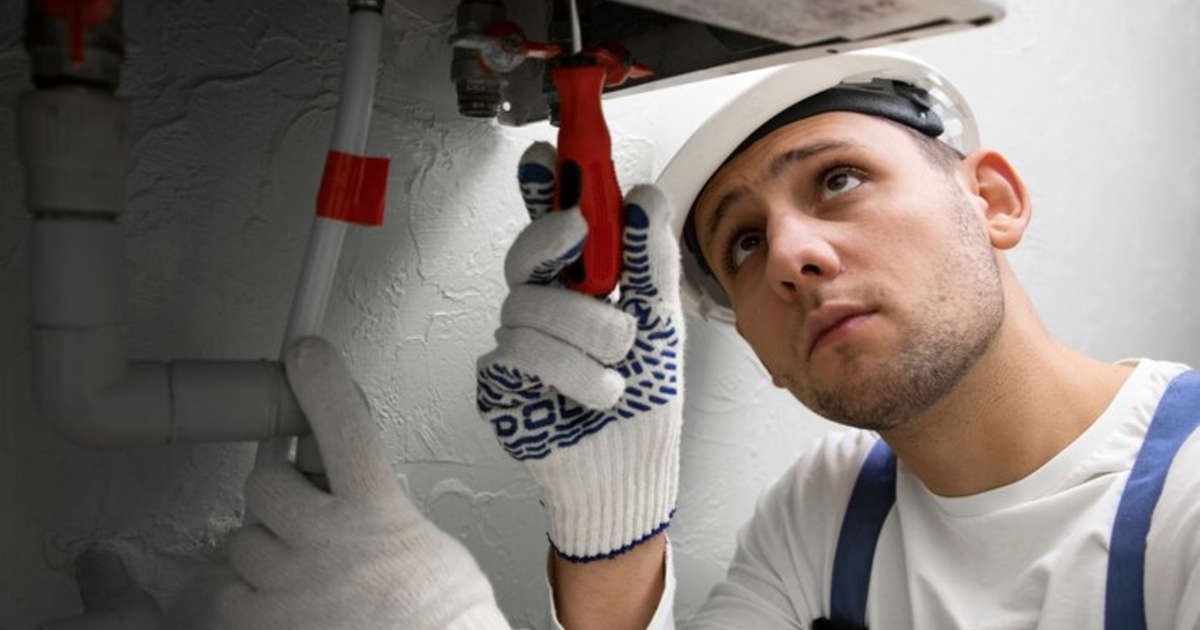
What A Hot Water Maintenance Schedule Looks Like
A proper maintenance schedule involves a mix of monthly visual checks, annual professional servicing, and replacing parts based on manufacturer recommendations.
Here’s a practical breakdown:
- Every month: Check for leaks or unusual noises. Make sure the area around the unit is clear.
- Every 6–12 months: Test the temperature pressure relief (TPR) valve. This prevents dangerous pressure build-up.
- Every 5 years: Replace the anode rod if needed. This helps prevent internal corrosion.
- As needed: Drain and flush the tank to remove sediment (especially important in hard water areas).
Keeping a logbook or even setting digital calendar reminders helps make this schedule easier to follow. Most manufacturers provide a basic maintenance guide, but your plumber can tailor it to your specific unit and location.
Having your system serviced annually by a licensed professional ensures nothing is missed—and helps you stay covered under warranty.
Benefits Of Sticking To A Maintenance Routine
Creating and following a maintenance schedule has measurable benefits, for both your comfort and your wallet.
Some of the key advantages include:
- Lower operating costs: A well-maintained system uses less power or gas
- Fewer repairs: Minor issues are fixed early, before they escalate
- Longer equipment life: Your unit lasts closer to its full design lifespan
- Consistent water quality: Less sediment, cleaner and clearer hot water
If you’re renting out a property, a maintenance schedule can also help avoid tenant complaints and keep you compliant with safety standards.
Regular upkeep isn’t just for old systems—it’s just as important for newer units to keep them running efficiently from the start. It’s an investment in the long-term function of your home’s plumbing.
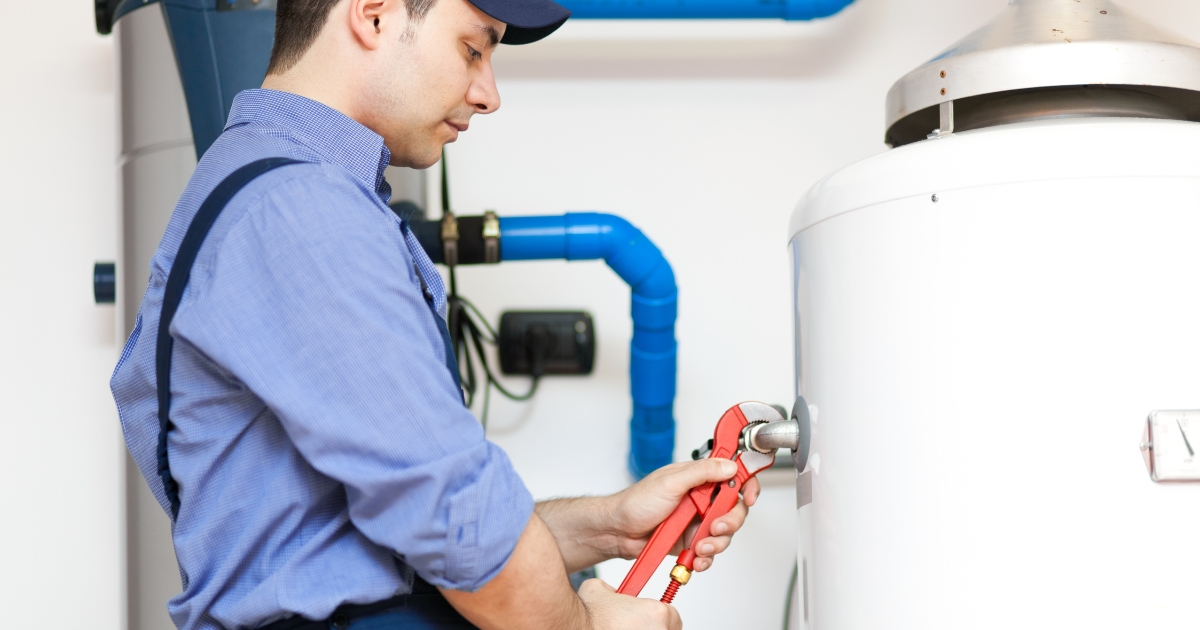
How To Get Started With Hot Water System Maintenance
Starting a maintenance schedule is simpler than most think. The first step is to book a system inspection to understand its current condition. From there, a tailored plan can be developed depending on your unit type, age, and usage.
Here’s how to move forward:
- Schedule a professional inspection to establish a maintenance baseline
- Request a custom maintenance plan from your local plumber
- Follow a calendar with reminders for monthly checks and annual services
- Keep records of services and part replacements
Working with a trusted professional, like the team at Hogan Hot Water & Air, gives you peace of mind that nothing gets overlooked. Local expertise also ensures that your system is maintained in line with Australian conditions and water quality.
Don’t wait for your hot water system to break down before giving it the care it needs. Setting up a proper maintenance schedule today can save you from expensive repairs and icy showers down the track.
Book your inspection or service now with Hogan Hot Water & Air—the experts in reliable hot water solutions across Newcastle and Lake Macquarie. Visit hoganhotwaterandair.com.au to schedule your service or request a maintenance plan.
Frequently Asked Questions
How often should I service my hot water system?
Most hot water systems should be serviced every 12 months. This includes safety valve checks, inspection of heating elements, and flushing if needed. Older units or systems in hard water areas may require more frequent attention.
Is hot water maintenance covered by warranty?
Maintenance is usually not covered by warranty, but neglecting it can void your coverage. Manufacturers often require proof of servicing for claims, so regular checks help you stay protected.
What happens if I never flush my hot water tank?
Over time, sediment builds up at the bottom of the tank, reducing heating efficiency and potentially damaging the tank. In severe cases, this can lead to leaks or complete system failure.
Can I do any maintenance tasks myself?
You can perform basic checks like looking for leaks, listening for unusual noises, and ensuring the area around the unit is clean. However, valve testing and part replacements should be left to a licensed technician.
Does solar hot water need maintenance too?
Yes. Solar systems have unique parts like solar collectors and pumps that require professional servicing. They still need flushing, valve testing, and anode replacement like other systems.

